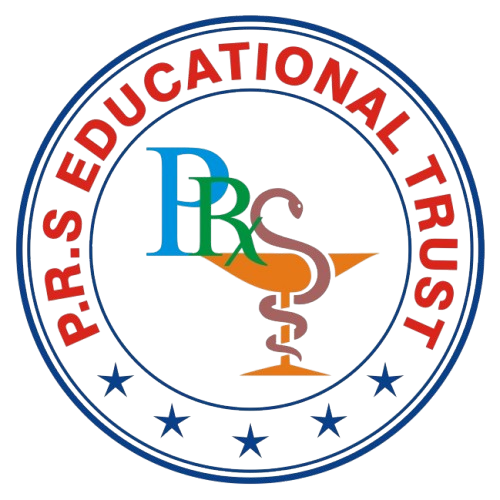Quality Assurance & Quality Control in Pharmaceutical Industry
Quality Assurance and quality control is one of the most regulated activity sectors in pharmaceutical industry, where regulation includes specific quality systems such as good laboratory practice (GLP), good clinical practice (GCP) and good manufacture practice (GMP). The principles of many of these practices mainly cover the quality aspects of manufacturing procedures and quality control processes. Demand for quality assurance professional remains buoyant throughout the drug development industry as well as the medical device sector. Quality assurance is crucial to the industry and is responsible for ensuring that all research and development activities as well as manufacturing practices comply with standard operating procedures, protocols, regulations and ethical considerations. Quality control in the pharma industry involves rigorous testing, analysis, and monitoring of raw materials, processes, and products to ensure compliance with regulations and maintain high standards of safety and efficacy. ISAPS with the help of its unique & internationally recognized course helps students to get aware with the deep &industry oriented knowledge about the Quality Assurance and Quality Control.
Other Benefits:
- 2 workshops
- 15 days training
- Per month online interaction with industry specialists to resolve queries.
Quality assurance (QA) and quality control (QC) are vital components in the pharmaceutical industry, ensuring that products meet required standards. Few key features of both are:
Defining and establishing quality standards and procedures that comply with regulatory requirements and industry best practices.
Developing and implementing robust quality management systems to maintain consistency and compliance throughout the manufacturing process.
Conducting regular internal audits and inspections to ensure adherence to quality standards and regulatory guidelines. External audits may also be performed by regulatory agencies.
Identifying potential risks to product quality and implementing risk management strategies to mitigate these risks proactively.
Providing training and education to personnel to ensure they understand quality standards, procedures, and their roles in maintaining product quality.
Maintaining comprehensive documentation of all processes, including batch records, procedures, and corrective actions, to ensure traceability and accountability.
Implementing measures to continually improve processes, systems, and product quality based on data analysis, feedback, and technological advancements.
Conducting sampling and rigorous testing of raw materials, in-process materials, and finished products to ensure they meet predetermined quality specifications.
Employing various analytical techniques and validated methods to assess the identity, purity, potency, and stability of pharmaceutical products.
Ensuring that all testing equipment and instrumentation are properly calibrated and maintained to provide accurate and reliable results.
Investigating and addressing any deviations or out-of-specification results in a systematic manner to identify root causes and implement corrective actions.
Implementing clear criteria for the release or rejection of materials or products based on QC testing results and specifications.
Verifying compliance with established quality standards and specifications through rigorous testing and analysis.
Documenting all QA and QC testing procedures, results, findings, and corrective actions accurately to ensure traceability and provide necessary reports for regulatory compliance.
Both QA and QC departments play crucial roles in ensuring that pharmaceutical products are manufactured, tested, and maintained at the highest quality standards throughout the production process.
Course Details:
Eligibility: Teacher/Faculty in Pharmacy
Fees: 10,999 Rs.
Duration: 6 months
CONTACT
- Corporate Office Address: BS-1202 & 1206, 12th Floor, Galaxy Diamond Plaza, Sector-4, Greater Noida (West), Gautam Buddh Nagar, U.P-201308
© 2025 All Right Reserved Prs Educational Trust


